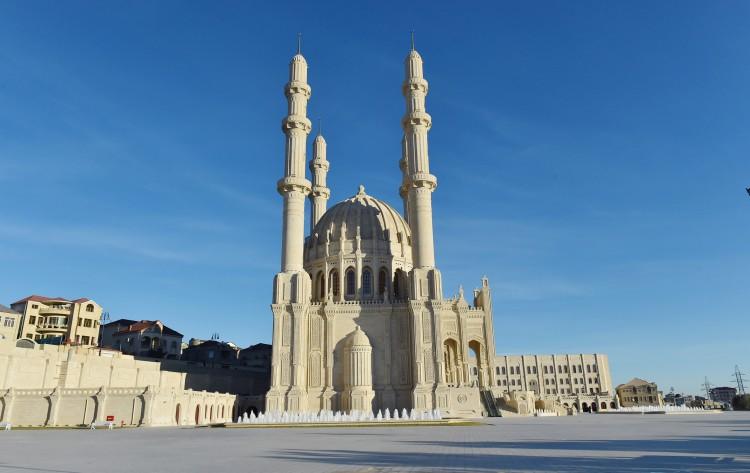Ramadan comes to Azerbaijan on May 27

By Amina Nazarli
Millions of Muslims around the world are preparing for Ramadan, a holy month of fasting and religious devotion that starts this week.
Although Ramadan is always on the same day of the Islamic calendar, the date on the Gregorian calendar varies from year to year, since the Gregorian calendar is a solar calendar and the Islamic calendar is a lunar calendar. This difference means Ramadan moves ahead in the Gregorian calendar by approximately 11 days every year. This year Ramadan will start on May 27.
Ramadan or as it is also called “The Sultan of Eleven Months” is an incredibly sacred time for Muslims, who believe that during this month the holy book Koran was revealed to Prophet Muhammad.
Ramadan is considered a time for intense prayer and religious devotion, with Muslims encouraged observing daily prayers throughout the day.
Many recite the Quran just before sunset and the start of their feasting. People donate money to charity during Ramadan and help to feed the hungry. And Muslims will also take the time to cut down on vices such as gossiping, swearing and fighting.
Ramadan teaches the faithful to love Allah, and of huge importance across the Islamic world to test their will and patience, and to be wiser and more honest.
The history of fasting in Ramadan starts when the Prophet Muhammad determined the holy month in Medina during the second year of pilgrimage.
Fasting is one of the Five Pillars of the Islamic religion and one of its main practices. The resulting hunger is seen as a means of developing sympathy for the less fortunate, while learning to be humble and appreciate all of God's bounties.
For 30 days, during fasting hours from the dawn until the sunset Muslims do not eat, drink, smoke, or engage in sexual intercourse, testing their patience and ability to overcome temptations.
In Islam, fasting is obligatory for all the faithful with the exception of minors, the elderly and ill, mentally ill, pregnant women and nursing mothers, travelers, and soldiers.
The holy Koran says, "As morning comes and white thread distinguishes from black thread, you may eat and drink and then complete your fast till the night."
It is better to invite those who have fasted to your iftar table, according to the hadith. It says that the one who feeds a person who fasted will receive the same reward as the one who fasted.
The month is intended to improve morality and character, so there are more regular mosque visits alongside a personal attempt to work on positive traits and thoughts.
"Ramadan Mubarak" and "Ramadan Kareem" are common greetings exchanged in this period, wishing the recipient a "blessed" and generous Ramadan.
At the end of Ramadan, after 29 or 30 days, Muslims celebrate the Eid al-Fitr holiday. Eid al-Fitr in Arabic literally means "festival of breaking the fast".
On the Eid celebration, which is to be held on June 26, it is required that all wealthy Muslims aid the less fortunate.
--
Amina Nazarli is AzerNews’ staff journalist, follow her on
Twitter: @amina_nazarli
Follow us on Twitter @AzerNewsAz
Here we are to serve you with news right now. It does not cost much, but worth your attention.
Choose to support open, independent, quality journalism and subscribe on a monthly basis.
By subscribing to our online newspaper, you can have full digital access to all news, analysis, and much more.
You can also follow AzerNEWS on Twitter @AzerNewsAz or Facebook @AzerNewsNewspaper
Thank you!
